
Every night, people close their eyes and fall asleep. This process is of course so automatic that we don't even think about it too much, even though we spend almost a third of our lives asleep.
If we take into account the fact that people live an average of 78 years, we will spend approximately 26 years with our eyes closed.
Records
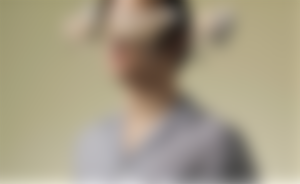
The most famous record for sleepless nights was held by 17-year-old Randy Gardner from the United States, who managed to stay awake for a full 264 hours for the purpose of scientific research in 1964. Since then, this record has been broken several times, however, it has not been recorded that it has been broken.
One of the reasons new records are not being recorded is that the Guinness Book of World Records no longer supports similar experiments because they can be detrimental to human health.
To stay awake, Gardner drank a lot of Coca-Cola because of the caffeine in it and seemed to tolerate insomnia very well. After a while, his senses of smell and taste began to change, he complained about the stench, but he played basketball better and better. Basketball and any sport that his friends drove him to mostly at night, were a way to keep him awake.
Walking in your sleep:
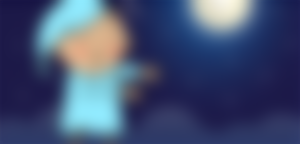
Not waking a man walking in his sleep is just a myth!
You’re probably familiar with an urban legend that says you should never stop a man walking in his sleep because it can be very dangerous. There are rumors that the awakened "moonwalker" can have extremely angry and dangerous reactions in a half-sleep, however - this is not true.
If you wake a person walking in their sleep, they will react in the same way as any other person you wake up after sleep. They will be confused and disoriented, and will probably not be aware of the time and situation.

Just 4 days without sleep will make you hallucinate?
Did you know that it only takes 4 days without sleep to start hallucinating? Anyone who has tried to break this record will confirm this fact to you.
There are many anecdotes on this topic. People began to believe they were celebrities, they seemed like little dwarves dancing like different monsters. Even if you find this fun, never try to experiment with sleep.
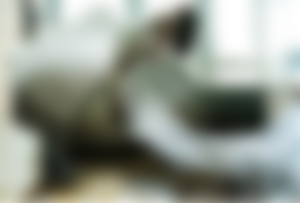
The body has its natural biological clock!
Have you ever woke up a few minutes before the alarm went off? If your answer is yes, you can thank a small hormone in the human body called "adrenocorticotropin".
This hormone is considered a human internal alarm that is activated a few hours before waking up. Scientists believe that this hormone prepares the body for the stressful and strenuous activities that follow during the day.

There are different types of fears, why shouldn’t there also be a fear of sleeping? "Clinophobia" is an intense fear of going to bed, which is fortunately a rare occurrence.
Some people who suffer from this disease have a fear of sleeping on their own, some have a fear of nightmares, while some are afraid to sleep because they think they can drown in death.
Women need an hour of sleep more than men, and the lack of that one hour can be one of the causes of depression.
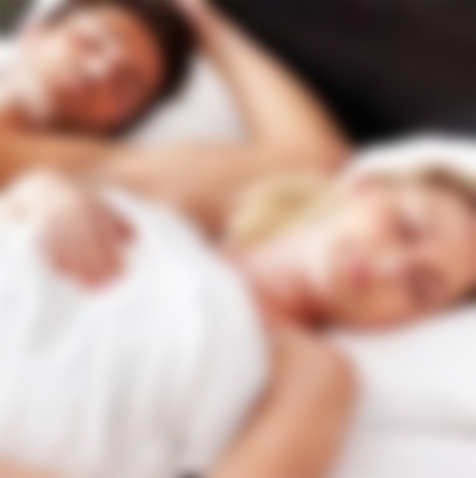
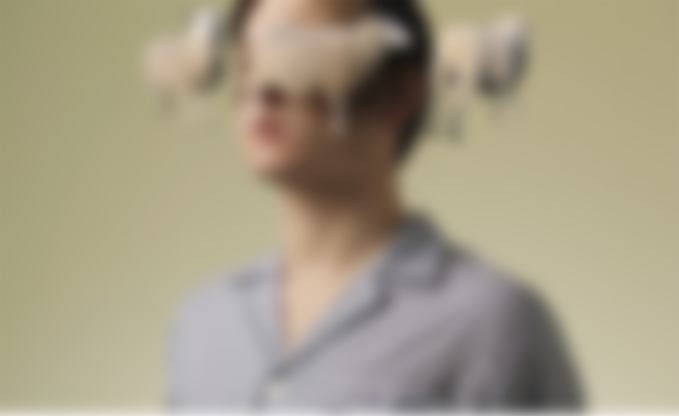
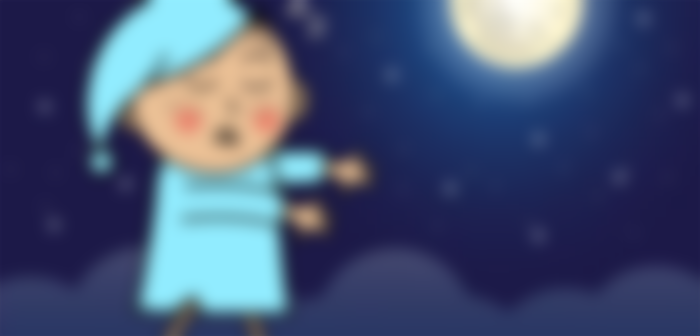
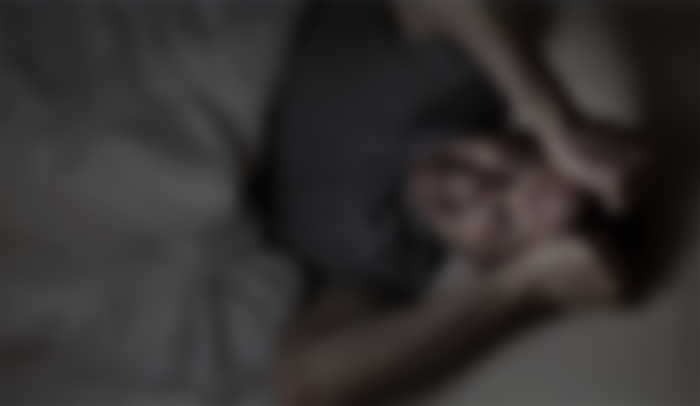
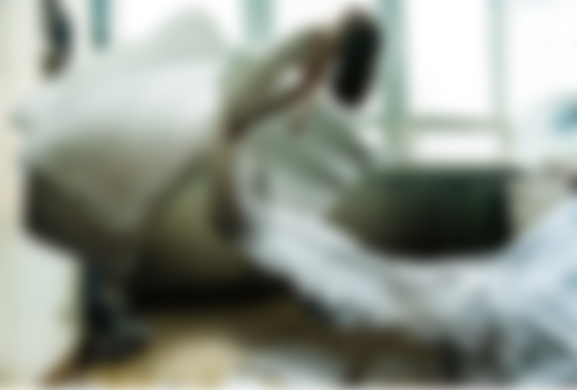
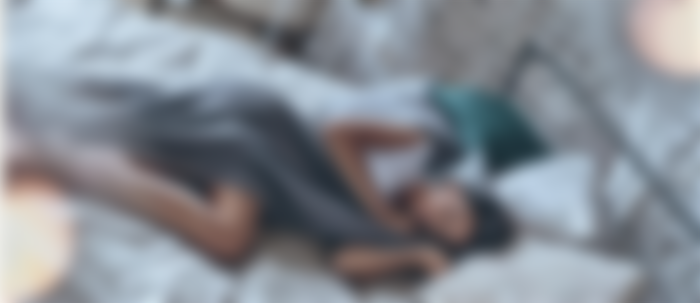
some more facts......
Man is the only mammal that willingly delays sleep. The higher the altitude, the greater the sleep disruption. Generally, sleep disturbance becomes greater at altitudes of 13,200 feet or more. The disturbance is thought to be caused by diminished oxygen levels and accompanying changes in respiration. Most people adjust to new altitudes in approximately two to three weeks. In general, exercising regularly makes it easier to fall asleep and contributes to sounder sleep. However, exercising sporadically or right before going to bed will make falling asleep more difficult. Divorced, widowed and separated people report more insomnia. Six in ten healthcare professionals do not feel that they have enough time to have a discussion with their patients about insomnia during regular office visits. More than eight in ten survey respondents think that people often or sometimes misuse prescription sleep aids. Caffeine has been called the most popular drug in the world. All over the world people consume caffeine on a daily basis in coffee, tea, cocoa, chocolate, some soft drinks, and some drugs. In general, most healthy adults need seven to nine hours of sleep a night. However, some individuals are able to function without sleepiness or drowsiness after as little as six hours of sleep. Others can’t perform at their peak unless they’ve slept ten hours. We naturally feel tired at two different times of the day: about 2:00 AM and 2:00 PM. It is this natural dip in alertness that is primarily responsible for the post-lunch dip. Sleep is just as important as diet and exercise. According to the International Classifications of Sleep Disorders, shift workers are at increased risk for a variety of chronic illnesses such as cardiovascular and gastrointestinal diseases. Newborns sleep a total of 14 to 17 hours a day on an irregular schedule with periods of one to three hours spent awake. When infants are put to bed drowsy but not asleep, they are more likely to become “self- soothers,” which enables them to fall asleep independently at bedtime and put themselves back to sleep during the night. Eighty-two percent of healthcare professionals believe that it is the responsibility of both the patient and the healthcare professional to bring up symptoms of insomnia during an appointment. The body never adjusts to shift work! There are individual differences in the need to nap. Some adults and children need to nap. However, the majority of teenagers probably nap in the afternoon because they are not sleeping enough at night.
Snoring is the primary cause of sleep disruption for approximately 90 million American adults; 37 million on a regular basis. Scientists still don’t know — and probably never will — if animals dream during REM sleep, as humans do. Some studies show promise for the use of melatonin in shortening the time it takes to fall asleep and reducing the number of awakenings, but not necessarily total sleep time. Other studies show no benefit at all with melatonin. One of the primary causes of excessive sleepiness among Americans is self-imposed sleep deprivation. According to the results of NSF’s 2008 Sleep in America poll, 36 percent of American drive drowsy or fall asleep while driving. According to the results of NSF’s 2008 Sleep in America poll, a surprising 34 percent of respondents reported their employer allows them to nap during breaks and 16 percent provide a place to do so. People who don’t get enough sleep are more likely to have bigger appetites due to the fact that their leptin levels (leptin is an appetite-regulating hormone) fall, promoting appetite increase. Rates of insomnia increase as a function of age, but most often the sleep disturbance is attributable to some other medical condition. And did you know seasonal affective disorder is believed to be influenced by the changing patterns of light and darkness that occur with the approach of winter?